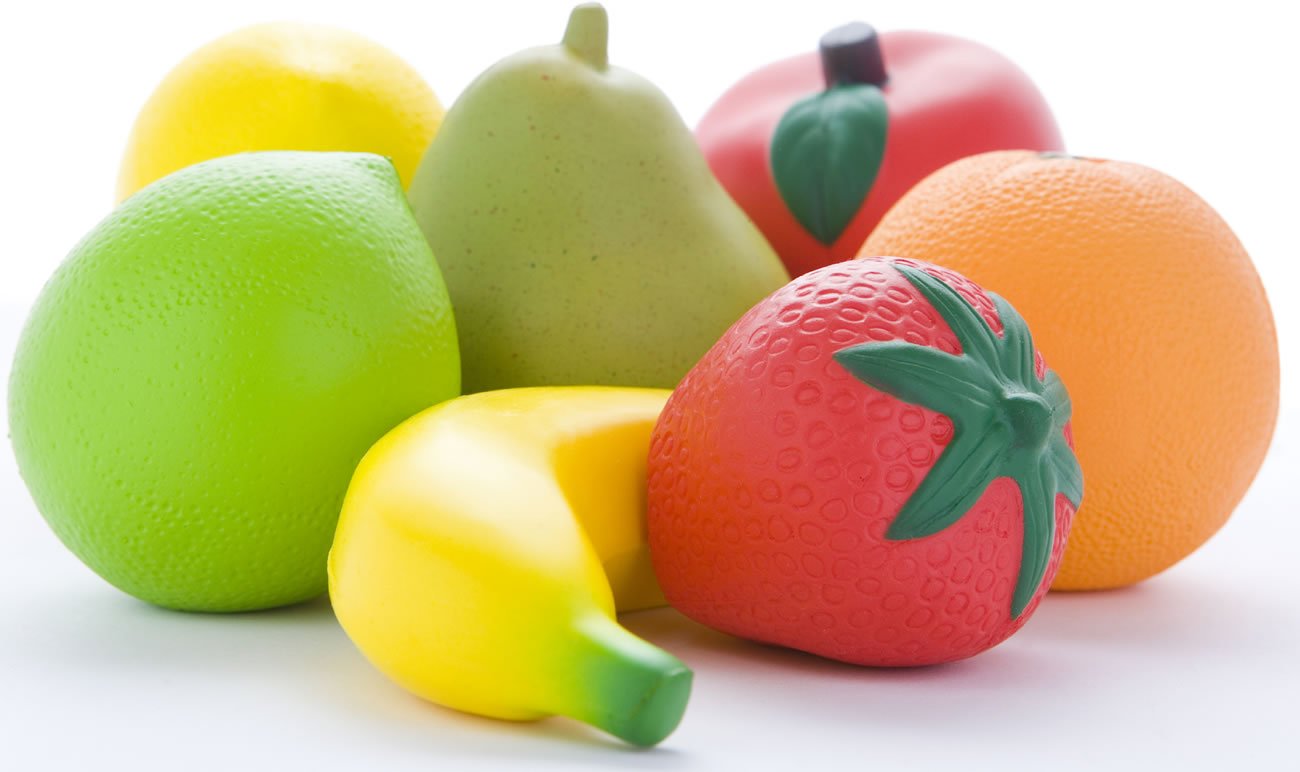Are artificial sweeteners bad for you?
At Pritikin, we recommend a diet rich in whole, nutrient-dense foods while limiting added sugars and non-nutritive sweeteners. Our research shows that eating naturally occurring sugars from fruits provides health benefits. However, excessive intake of added sugars and non-nutritive sweeteners may contribute to negative health effects such as obesity, type 2 diabetes, and cardiovascular disease. *
*Pritikin suggests consuming non-nutritive sweeteners sparingly

Pritikin Program Recommendations For Calorie-Free Sweeteners
Naturally Occurring Sugars
Naturally occurring sugars are found in whole foods, such as fruits and vegetables. Unlike added sugars and sweeteners, these foods are rich in vitamins, minerals, antioxidants, and dietary fiber. Eating fruits helps to enhance the overall quality of your diet and keep you feeling fuller longer–aiding in better weight management and blood glucose control.
Added Sugar
The Pritikin Eating Plan recommends limiting all added refined and concentrated sugars and sweeteners to no more than 5% of total calories per day, which equates to around 6 teaspoons of sugar per day. These sugars include but are not limited to:
- Sugar (sucrose)
- Fructose (fruit sugar)
- Syrup (a liquid form of sucrose made from corn or cane)
- Maltodextrin (a polysaccharide produced from starch hydrolysis)
- Evaporated cane juice/evaporated crystalline fructose/evaporated high-fructose corn syrup
Non-Nutritive Sweeteners
Non-nutritive sweeteners are defined as all synthetic or naturally occurring or modified non-nutritive sweeteners that are not classified as sugars. The research on non-nutritive sweeteners is conflicting therefore further research is necessary to make definitive recommendations.
For optimal health, it is best to consume FDA-approved non-nutritive sweeteners sparingly if at all.
Types of Non-Nutritive Sweeteners
There are many types of non-nutritive sweeteners available on the market today. The three most common are artificial sweeteners, sugar alcohols and novel sweeteners.
Artificial Sweeteners: Saccharin (Sweet’N Low®) aspartame (Equal®) acesulfame potassium sucralose (Splenda®) neotame advantame Sugar Alcohols: Erythritol Mannitol Lactitol Maltitol Sorbitol Xylitol Novel Sweeteners: Allulose Monk Fruit Steviol Gylcoside Tagatose Brands include not limited to Swerve Truvia Wholesome.
Sweetness of Non-Nutritive Sweeteners
If you’re looking for a sweetener that won’t raise your blood sugar, there are several options. The most well-known is stevia, which has been used in South America for centuries and has been approved by the FDA as a food additive. It’s up to 300 times sweeter than sugar and doesn’t cause cavities or tooth decay like other natural sweeteners do.
Another option is erythritol (a sugar alcohol), which has about 60% of the sweetness of sucrose (table sugar) but only about 20% of its calories because it doesn’t cause an insulin response in your body like other nutritive sweeteners do. It also doesn’t contribute to tooth decay like regular table sugar does! You can find this ingredient in many products including gummi bears and ice cream cones at Target stores nationwide–just look for foods labeled “no added sugars.”